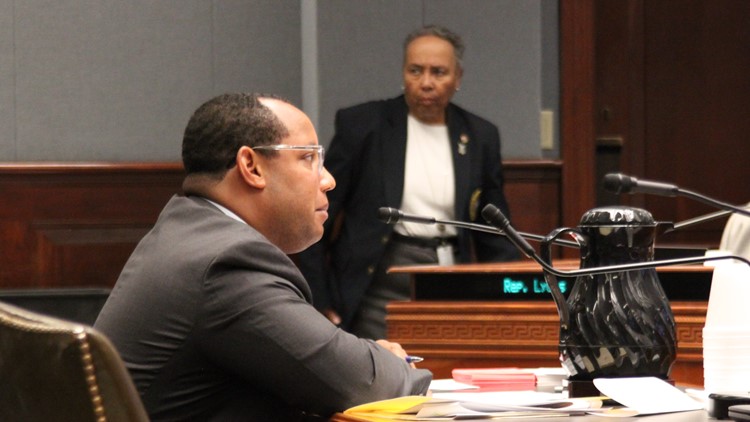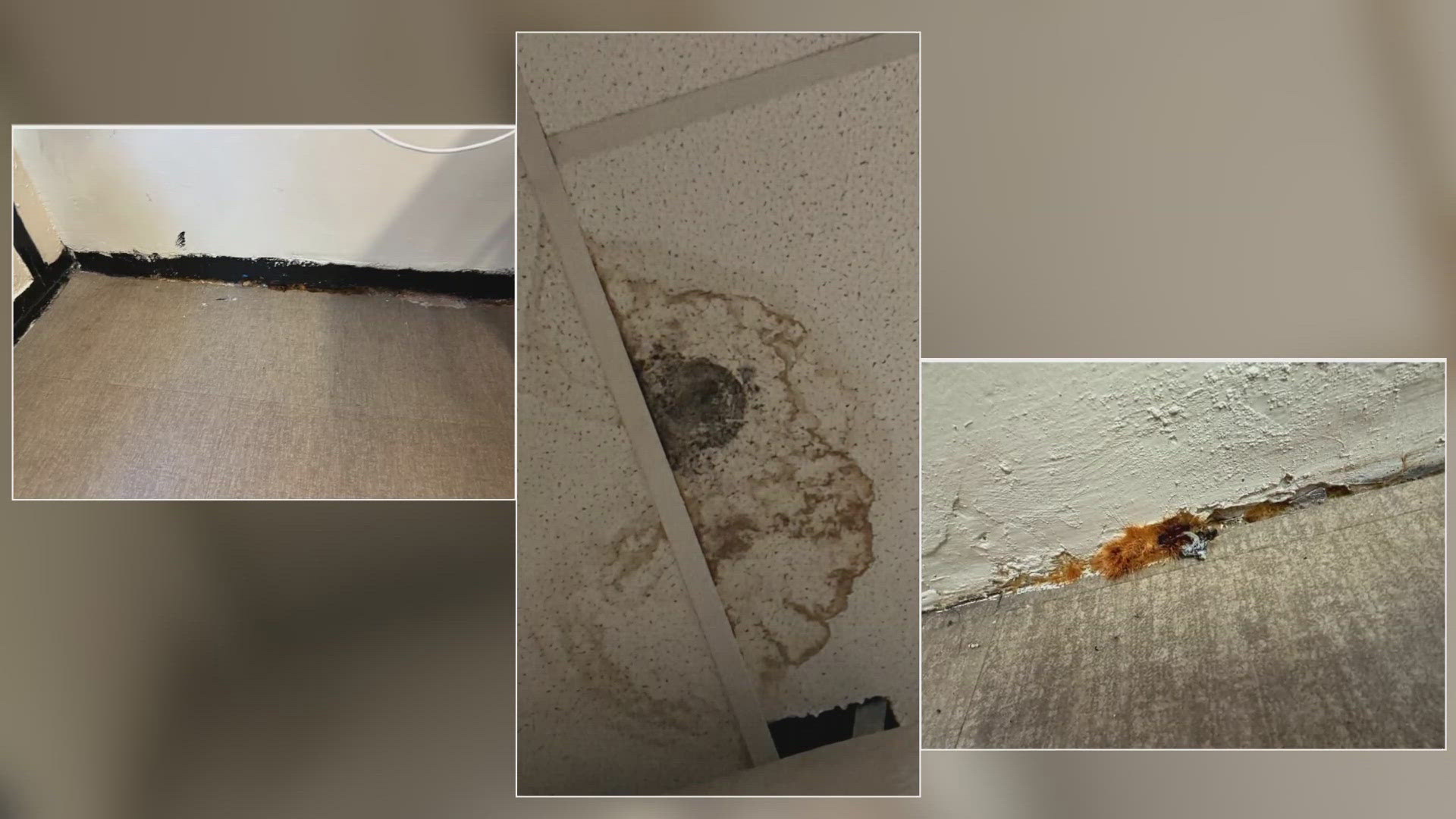The House and Governmental Affairs Committee advanced a bill Tuesday that would raise the limit on the amount of money that individuals and political committees can contribute to candidates.
House Bill 254, sponsored by Rep. Kyle Green Jr., D-Marrero, would set the campaign contribution limit for donors and small political action committees at $5,000 for all political offices. It would increase the limit to $10,000 for larger PACs with 250 or more members who have contributed at least $50 each.
Current state campaign finance law sets varying donation limits depending on the office a candidate is running for.
Major offices, including statewide elected officials, already have a limit of $5,000, while district offices and other offices that include members of the Legislature have limits of $1,000 to $2,500.
The bill would remove this hierarchical structure of campaign contributions and provide a blanket contribution limit regardless of the office sought by the candidate.
"What this bill seeks to do is raise everybody up to reach uniformity across the board," Green said. "It also raises the minimum campaign contribution for regular PACs, bringing everyone up to $5,000 and for big PACs up to $10,000."
The bill passed 8-5 with bipartisan support but met some opposition from legislators.
Rep. John Stefanski, R-Crowley, raised concerns about the undue influence larger amounts of money would have on district races.
"My worry about this is that in a state rep race, we have 105 State Rep districts and they're so small, you know, now do those big donors in those areas have even more influence on you as a candidate?" Stefanski asked.
Green responded by saying that he did not believe money could ever be taken out of politics.
"There's an old saying that money is a mother's milk of politics, especially with the Citizens United case where we have super PACs that can receive unlimited amount of contributions," Green said.
In a 2010 decision in favor of a conservative group called Citizens United, the U.S. Supreme Court open the door for larger campaign contributions from companies, labor unions and other groups by ruling that donation limits would infringe on their free-speech rights.
Rep. Wilford Carter, D-Lake Charles, voiced support for the bill in that it would give equal chances for all candidates to raise money.
"Those that want to control the district or control the candidate or influence the candidate, they're going to do that anyway," Carter said. "This would at least give folks that in situations where they have to spend more money than the average person be on a fair playing field."
Rep. Les Farnum, R-Sulphur, opposed the bill saying that statewide elections are different from district elections.
"There's no way you can compare one of our seats to a governor's seat or Secretary of State or anybody who holds an office that they have to campaign across 70 different news medias across the state," Farnum said. "It's just an apple and some other form of fruit."
An amendment added to the bill would make the legislation effective next January.
How the 8-5 vote broke down among the committee members:
Stefanski-R no
Duplessis-D yes
Carter-D yes
Farnum-R no
Gadberry-R no
Ivey-R no
Jenkins-D yes
Johnson-R yes
Lacombe-D yes
Lyons-D yes
Newell-D yes
Thomas-R no
White-I yes



